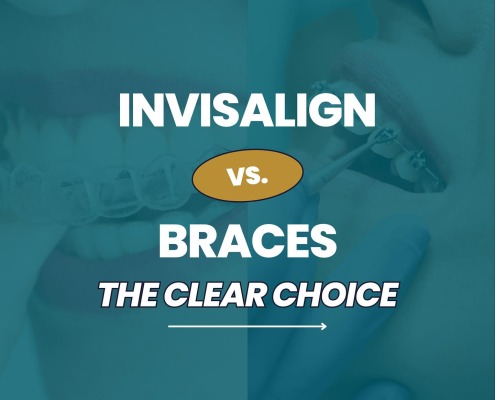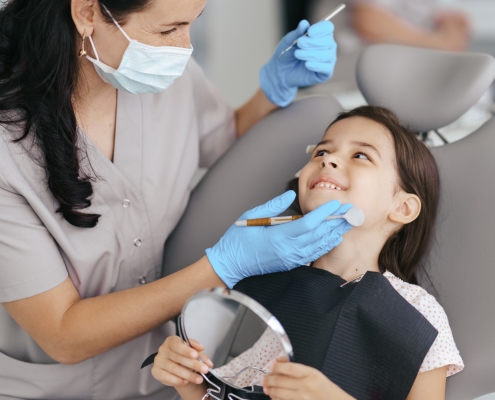
Invisalign Aligners vs. Braces: Which Option is Right for You?
/
0 Comments
Unsure if Invisalign aligners or traditional braces are better for you? Learn about each orthodontic treatment to find the best way to straighten your teeth.

Do Misaligned Baby Teeth Always Signal a Need for Orthodontic Intervention?
Parents sometimes ask: "If my child's first teeth appear to be…

